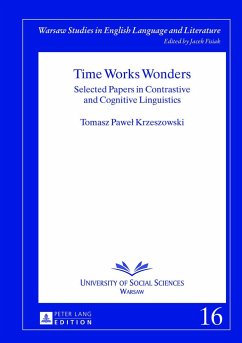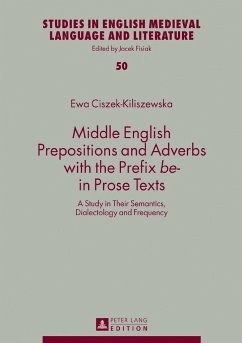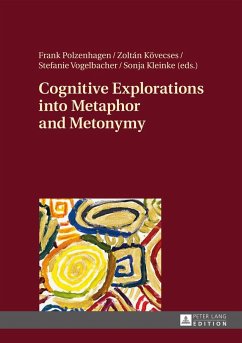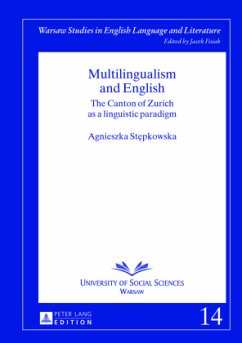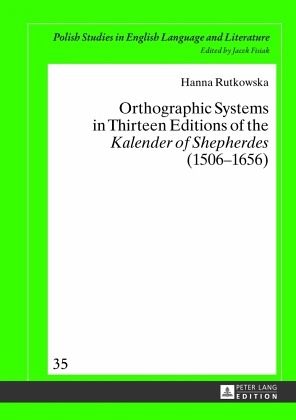
Orthographic Systems in Thirteen Editions of the 'Kalender of Shepherdes' (1506-1656)
Versandkostenfrei!
Versandfertig in 6-10 Tagen
76,00 €
inkl. MwSt.

PAYBACK Punkte
0 °P sammeln!
This corpus-based study examines the orthographic systems in thirteen editions of the Kalender of Shepherdes (1506-1656), a comprehensive compendium of prose and verse texts of different length and on a variety of subjects, for example, astronomy, agriculture, medicine, and religion. It focuses on the variation and consistency levels in the early-modern printers' spelling practice, and evaluates the potential importance of extra-linguistic motivation for the identified regularising changes from the language authorities of the time, including lexicographers, spelling reformers, orthoepists, gra...
This corpus-based study examines the orthographic systems in thirteen editions of the Kalender of Shepherdes (1506-1656), a comprehensive compendium of prose and verse texts of different length and on a variety of subjects, for example, astronomy, agriculture, medicine, and religion. It focuses on the variation and consistency levels in the early-modern printers' spelling practice, and evaluates the potential importance of extra-linguistic motivation for the identified regularising changes from the language authorities of the time, including lexicographers, spelling reformers, orthoepists, grammarians, and schoolmasters. Additionally, the book provides the reader with a brief overview of the printers' punctuation, capitalisation, and word-division conventions, as well as with selected bibliographical and textual information concerning the publication history of the Kalender of Shepherdes.







